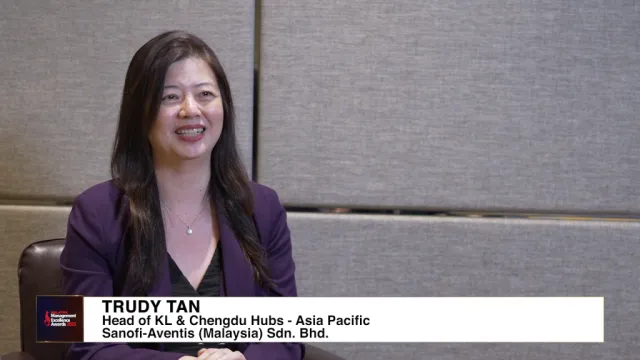Credit agencies set new green standards for oil and gas companies
Moody's, S&P, and Fitch introduce new carbon transition measures, challenging industries to meet higher climate accountability standards.
Major credit rating agencies are now holding businesses to higher standards for environmental responsibility, which is tough for sectors like oil and gas, but shows promise for others.
Tom Sanzillo, Director of Financial Analysis for the Institute for Energy Economics and Financial Analysis (IEEFA), provides insight into the evolving landscape of corporate environmental accountability and the critical role of credit agencies in this transition.
Sanzillo explained, "The business community worldwide is deeply involved in how companies are addressing carbon transition issues."
He highlighted that Moody's, Standard and Poor's (S&P), and Fitch have developed new tools and measures to help investors understand the environmental plans of companies better. This shift is not merely a trend but a response to the growing concern over climate change.
A telling example of this shift is Moody's evolving perspective on coal plants. Previously considered credit positive, these are now viewed as credit negative due to market and policy changes.
However, accountability in climate change efforts remains a concern. Current models, mostly disclosure-based, require companies to explain their carbon transition strategies. Sanzillo pointed out that Moody's is pushing the envelope by focusing on performance, asking whether the goals set by companies are credible and achievable.
He emphasised, "Moody's is willing to create a credibility ranking and stand behind it," a move that sets it apart from other disclosure programs.
The need for such standards is underscored by recent actions by the U.S. Securities and Exchange Commission, which exempted a class of carbon emissions from disclosure mandates. In contrast, Moody's and Fitch are examining the entire lifecycle of carbon emissions, aiming for a comprehensive and professional approach devoid of political interference.
"This creates a professional approach based on standards," said Sanzillo, stressing the importance of this initiative.
Moody's role in this evolving landscape is particularly noteworthy. With a history of reviewing the debt of global markets worth $73 trillion, Moody's stands out as a reliable and fact-based organisation, according to Sanzillo. He lauds their willingness to make analytical judgments and provide a diagnostic tool that companies can use to gauge and improve their carbon transition plans.



















 Advertise
Advertise








Commentary
Human Sparsity Blockchain: A citizen-validated ledger for digital finance supervision
Breaking the myths around turbomachinery downtime in APAC